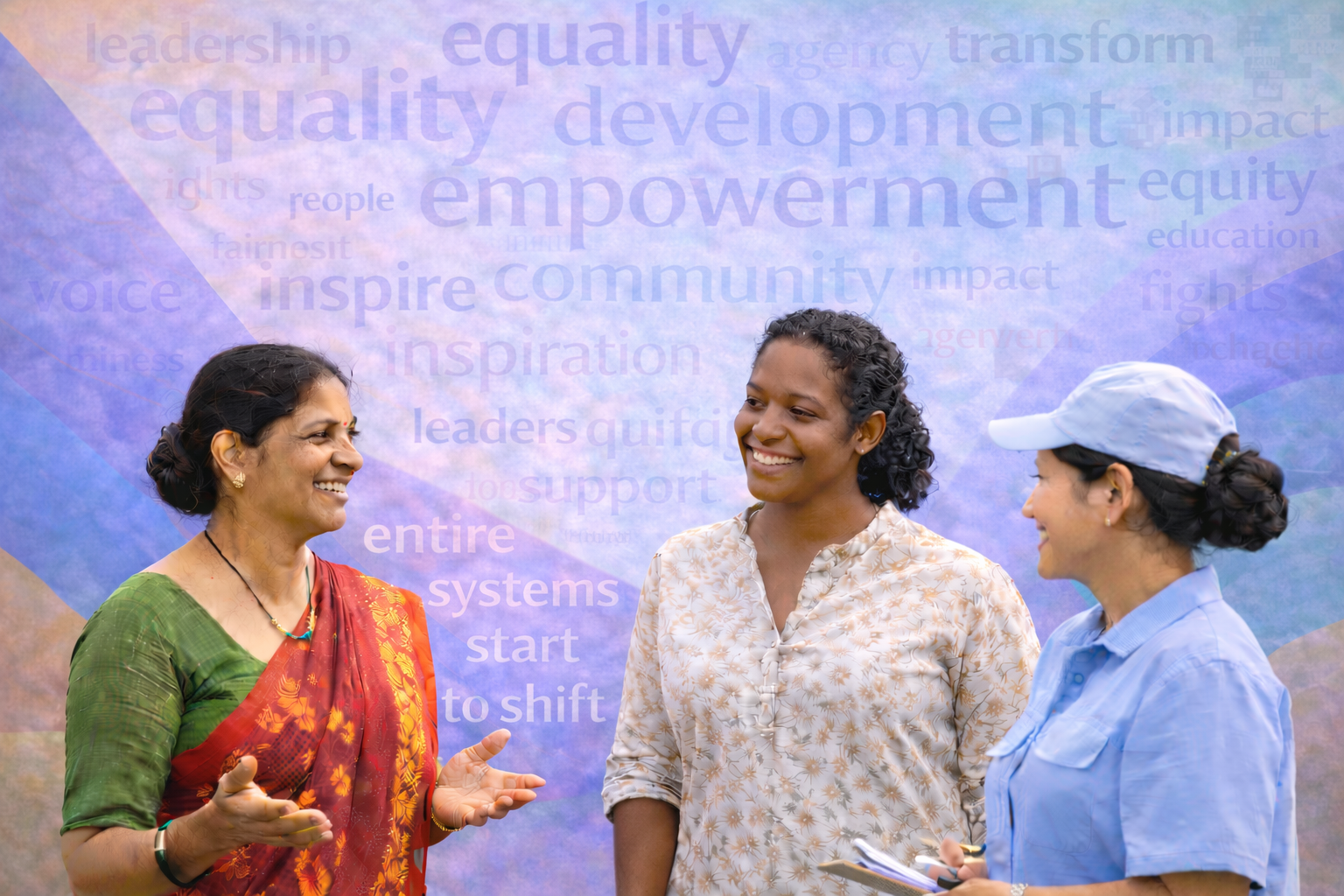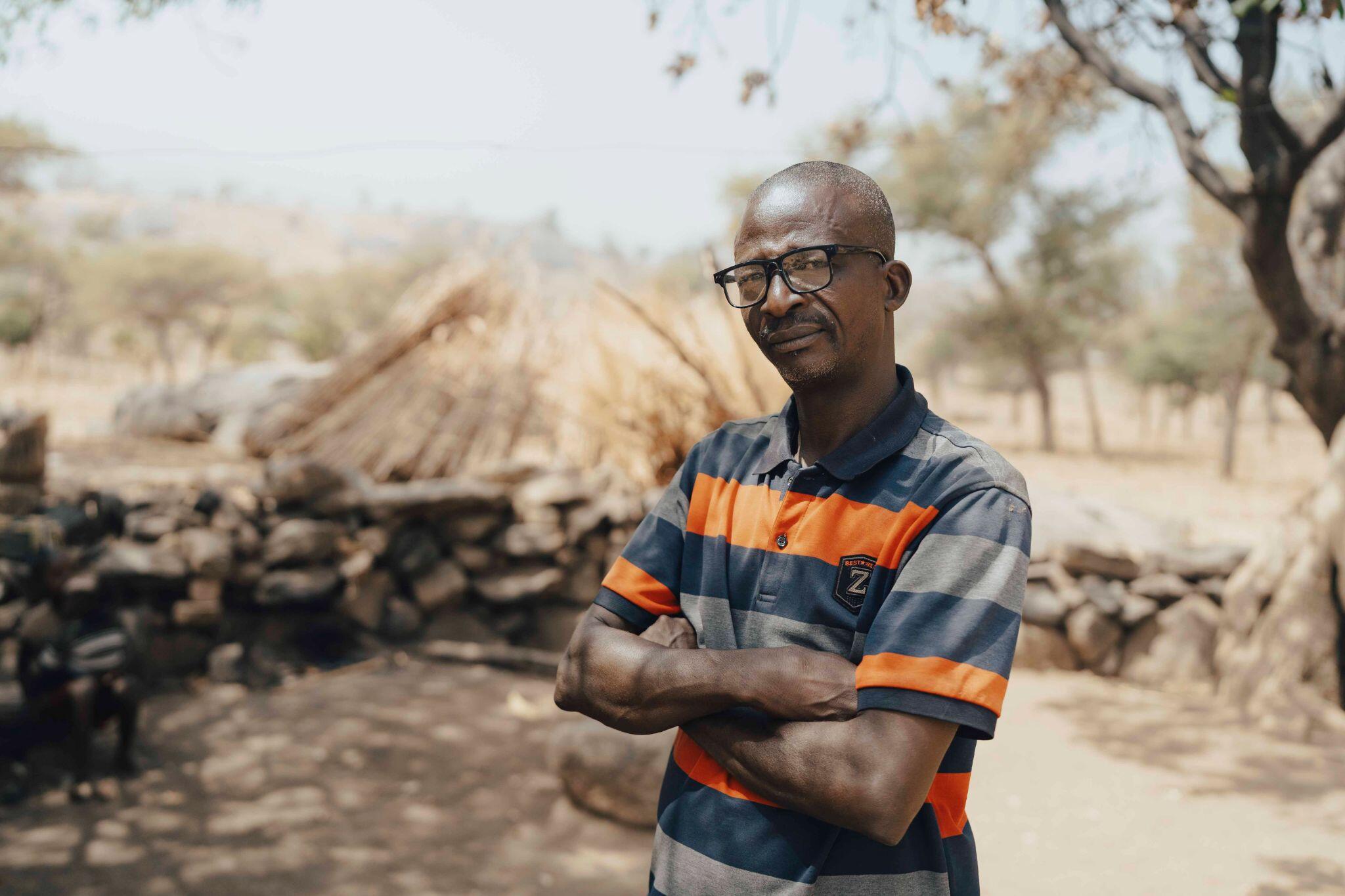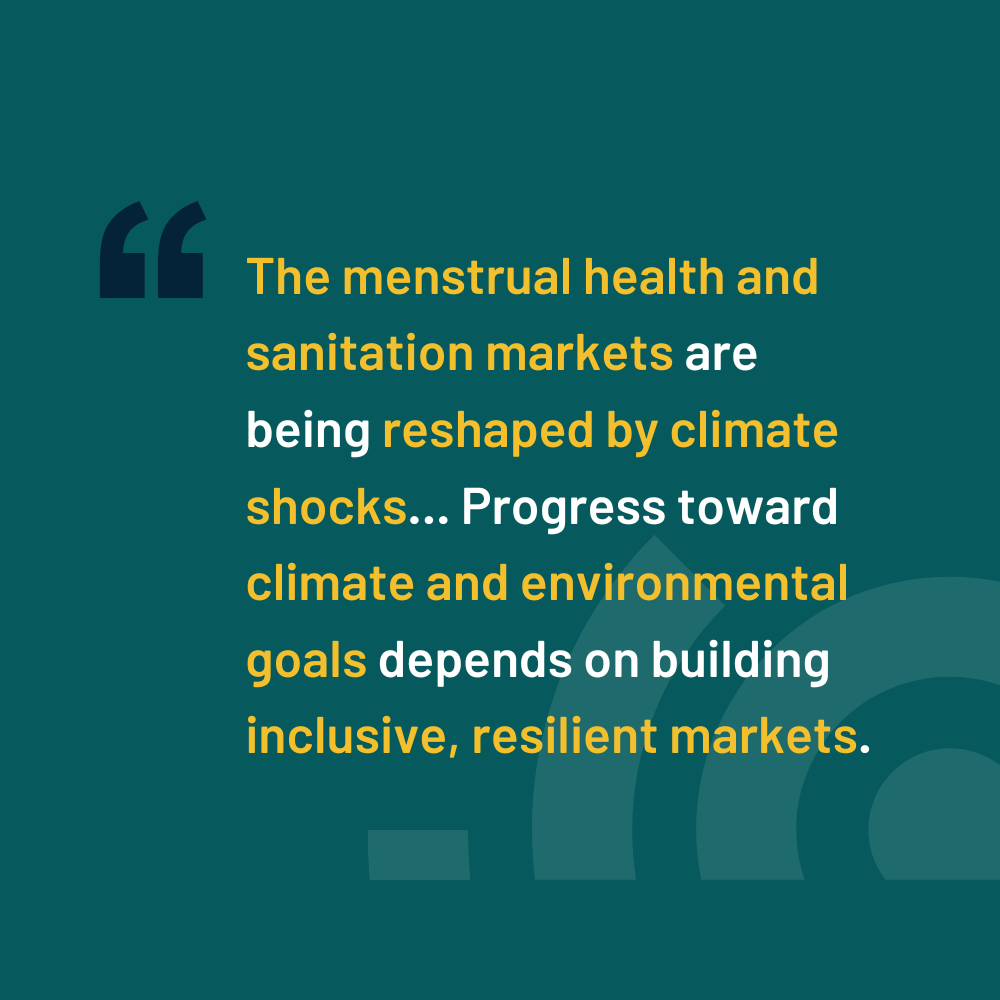
In Nigeria, building local sanitation markets for cholera prevention and stronger resilience

A recent baseline study highlights the promising potential of local sanitation markets to fill gaps in household access to sanitation, contributing to the success of ongoing cholera prevention efforts. This follows significant strides by authorities in creating an enabling environment for local businesses to provide essential sanitation services.
Cholera remains a persistent challenge in Bauchi State, Nigeria, which is home to around 8 million people. In 2021, amidst the global turmoil of the COVID-19 pandemic, Bauchi saw nearly 20,000 cholera cases (source: Nigeria Centre for Disease Control), leaving its own trail of disease and despair that continues even today.
It is against this backdrop that the government of Nigeria and authorities in Bauchi have launched the “Accelerating Inclusive Sanitation and Hygiene Economy in Nigeria” project with SHF, implemented by Wateraid Nigeria. The project seeks to develop local sanitation markets to address gaps in household sanitation access and support ongoing cholera prevention efforts.
Businesses emerging to meet household needs
According to a recent baseline study conducted by WaterAid on behalf of SHF, in four local government areas, around 60% of households in Bauchi State rely on pit toilets — basic holes in the ground. While some of these toilets are equipped with concrete slabs for improved hygiene, roughly one in three lack them, leaving families vulnerable to flies, odors, and disease. Roughly 7% of households have no toilets at all and practice open defecation, posing risks to human and environmental health, especially during rainy seasons when waste washes into water sources.
“Even though I know the dangers of open defecation, we still defecate in the bush because we feel it’s more economical for our farms and we don’t have the money to construct any form of toilet. These have caused many people to contract cholera because of the indiscriminate manner we defecate around the village. People are always falling ill and going to the health centre for treatment’’, says Ishaku Musa, a local civil servant.

In response to these challenges, both the public and private sectors have launched efforts to develop sanitation services in Bauchi, fostering the emergence of a nascent local sanitation economy. From formalization of jobs for waste evacuators and pit emptiers to local businesses converting waste into compost and briquettes, innovation is beginning to emerge, offering a new impetus for cholera prevention. Importantly, the growing availability of sanitation products and services provides families with a range of options, enabling them to invest in solutions that fit their budgets. The baseline study found that about one in three families spent between Naira 20,000 and 40,000 (approx. USD 13-26) to build their toilet facilities, with others investing more or less as per their ability.
Innovative approaches to tackle the persistent challenge
Recognizing the potential of Bauchi's sanitation economy, the SHF project promotes market-based approaches to help tackle the pressing and persistent challenge of cholera through non-traditional partnerships, including with ministries and agencies such as the Ministry of Industry, Development Banks to leverage World Bank initiatives and ongoing efforts. Through the project, SHF aims to scale access to safe water and sanitation services by promoting innovative Next Generation Sanitation solutions and strengthening capacity for community-led management and maintenance of WASH infrastructure. The project also aims to promote WASH-related business opportunities, particularly for women and youth. Running in parallel to a national partnership with the Development Bank of Nigeria to drive local currency financing for sanitation enterprises, the project builds on SHF’s work with the government of Nigeria on creating a suitable enabling environment for markets and people to thrive - the project will directly benefit 904,000 people, representing 60% of the population in its geographic scope.
“Preventing cholera starts with something as fundamental as access to a decent toilet. Through this initiative, we are not just supporting infrastructural development, we are building the foundations of healthier, more resilient communities. By unlocking the potential of local sanitation markets, we will be seeing the emergence of practical, homegrown solutions that meet people where they are. This is what transforming public health looks like- where private enterprise, community leadership, and government action come together to close the sanitation gap for good,” says Evelyn Mere, Country Director, WaterAid Nigeria.
The transformative impact is especially important for women and girls who continue to face barriers and challenges in accessing gender-responsive sanitation, which in turn, affects health, education, social and economic inclusion, and dignity.
“Our greatest challenge is influencing sanitation facilities in public places to be women-friendly, a lot of our public places do not have user-centred toilet facilities that encourage women to go about their activities without fear of inconveniences,” says Mohammed Usman Sale, Director, Enforcement and Compliance, Bauchi State Environmental Protection Agency.
Next Generation Sanitation involves providing products and services that meet the specific needs of women and girls as consumers while ensuring that women are part of decision-making processes, that they have access to adequate financing as business owners, and that they benefit equally from job opportunities in the sector.
Funded by SHF with contributions from the Kingdom of the Netherlands and Switzerland, the project aligns with Nigeria’s National Action Plan (NAP) for sanitation. By focusing on innovative approaches, solutions, and financing, it will support policy development, private sector growth, and provide consumers with access to affordable, high-quality sanitation goods. These efforts contribute to the broader goal of growing the sanitation economy in Nigeria, estimated to be worth more than USD 12 billion by 2030 once universal access is achieved.
---
(Photo credit: WaterAid/Joel Stephen)



